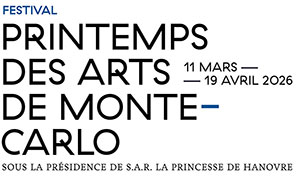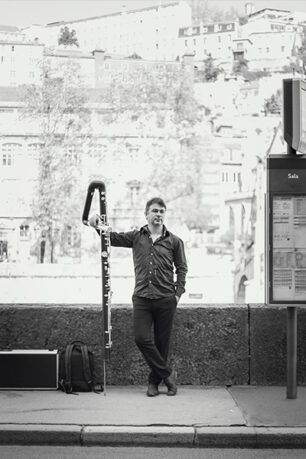Musical siesta 2.0 for flutes and electronics in quadriphonia
My musical siestas are directed to all audiences. Families, workers, holiday makers, music lovers are invited to lie down and drift into imaginative listening. Bringing together a wide range of styles, from ambient to more abstract compositions, the choice of music induces letting go and rest, thanks in particular to the entrancing sounds of transverse flutes and the deeper tones of the bass flute.
The audience can be either lying down, in a deckchair or sitting on a chair. They are surrounded by four loudspeakers and thus immersed in a multi-dimensional sound universe, a sensation not experienced in classical concerts where sound is essentially frontal. No other music is more powerfully based on imagination as contemporary music. Its abstraction allows us to escape, and its subtle blending of timbres refines our listening skills. The notion of time is also important. Stopping for a moment, settling down to “just” listen to music, is the opposite of the frantic, multitasking pace of our society. That’s why the reclining position is the physical answer to this problem. It allows you first to relax, and then to let your mind play with the sounds, alternating between more and less conscious listening, between meditation and active listening.
These 45-minute sessions take us on a journey to the Far East, as each composition is influenced by the Japanese culture of the last four decades. We begin in the 1990s with the absolute reference for Japanese contemporary music, namely Tōru Takemitsu and one of his last pieces composed a year before his death: Air. This piece for solo flute, dedicated to my professor Aurèle Nicolet for his 70th birthday, wanders marvelously between the Western and Eastern world along an inspiring meditative chant.
During the following decade, a composer also deeply rooted in the popular culture of her country, Romania, composed a piece for flute and electronics. With Japanese Garden, Doina Rotaru takes us into a fairytale world through the evocation of a Japanese garden. A great connoisseur of the transverse flute, she manages to find yet-unheard sounds, whether on the bass flute, the C flute or the piccolo, that make us lose touch with reality.
Born in Kyoto, Malika Kishino has also established herself as one of the leading figures in Japanese contemporary music. Her piece Monochromer Garten VIII is part of a cycle composed in 2010. She expresses her close attachment to Japanese tradition as a cultural context more than through references to Japanese musical tradition. The main aesthetic feature her works is the creation of a “sound organism”, following the law that a composition – like all organic life – has a period of development, its own time and a specific form.
Finally, the musical siesta ends with the world premiere of one of my pieces. Naisei means “Introspection” in Japanese. Using a real-time quadraphonic sound transformation device, the sonic immersion is total, plunging the listener into a dreamlike journey where traditional Japanese music, daily sounds from the city or nature, and references to film mix with the deep sounds of the bass and double bass flutes to suspend time and space.
Fabrice Jünger





